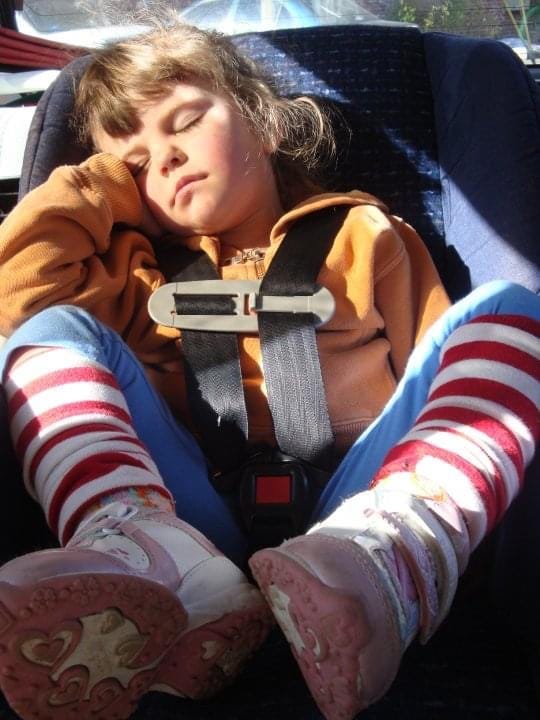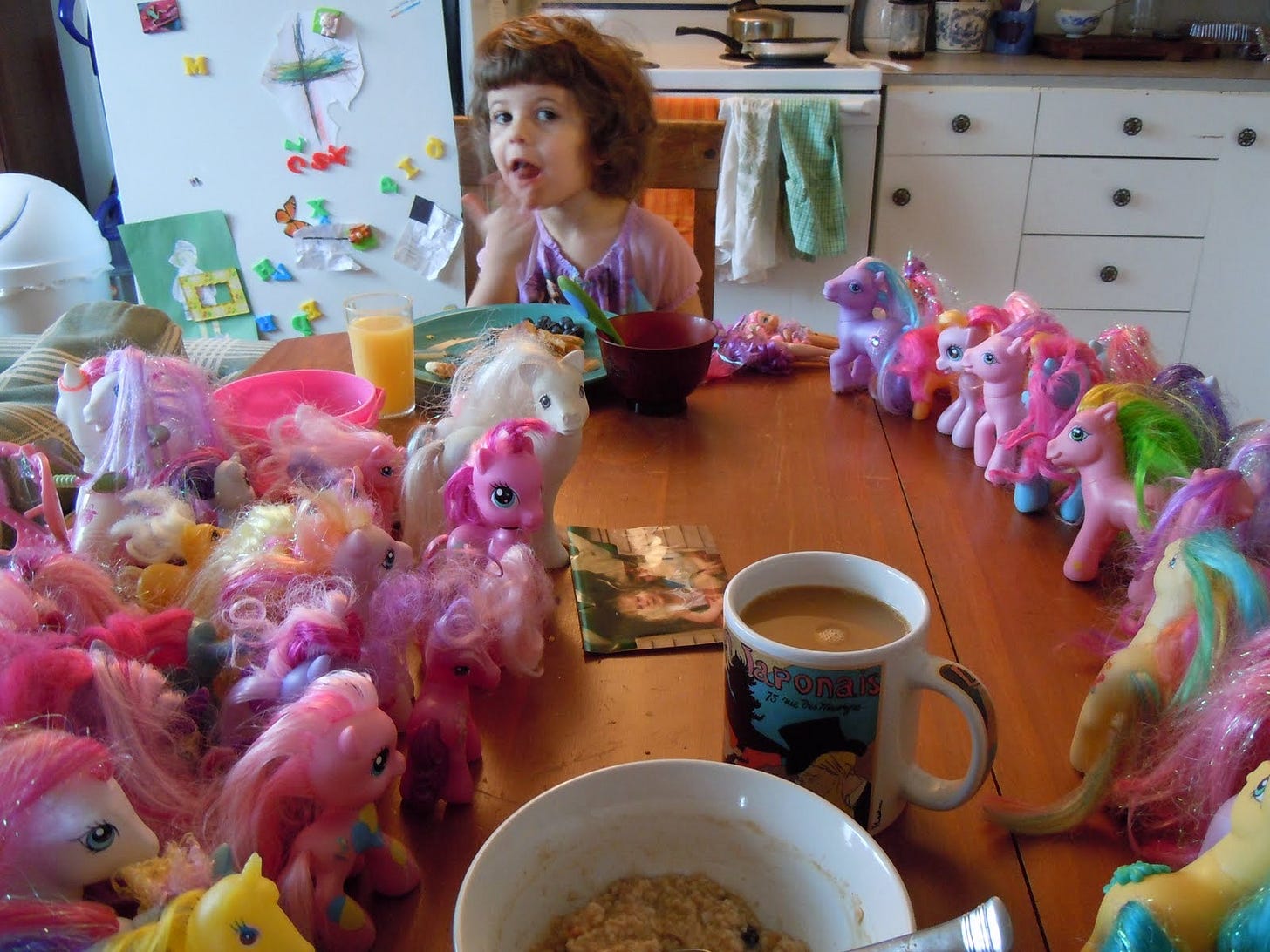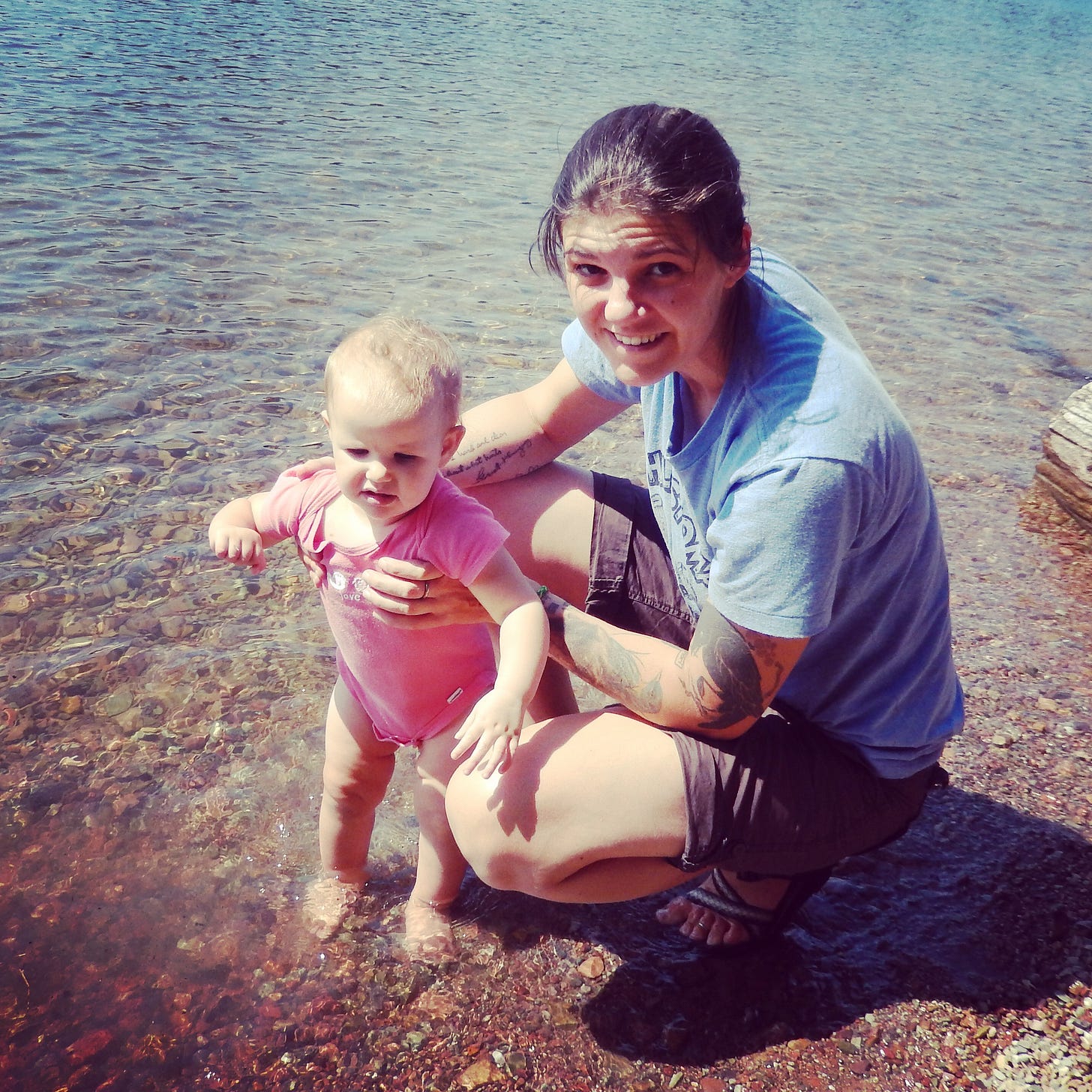Last week my youngest attended a “day camp” that went from ten in the morning until noon. It’s a neat opportunity for her to hang out with owls and other real life birds of prey and do messy art projects with other kids her age, but the two hours she’s there went by incredibly fast. When I was poor, I never could have afforded a camp like this, and I have been trying to think if it would have been worth it to go if they’d offered a scholarship. I don’t think it would have.
Going into last week, I scheduled several appointments during the hours Coraline would be downtown at this camp, forgetting how much time the simple act of driving from one place to another actually takes when kids are involved—and how they seemingly take a lot longer when you’re in a rush. Two hours quickly become one, or ninety minutes if I’m lucky, but that’s in the most perfect circumstances for possible drop off and pick up hurdles like parking, my child happily joining the others, or willingly putting on her shoes in the first place. But in my rush to go places, I was reminded of how it felt to never have enough time.
People spend 20 minutes standing in line for their coffee. They stop mid-task to engage in small talk that goes on for a quarter of an hour. When I was struggling, I remember watching this happen around me with a sort of awe. Who had that kind of time? But, why was I so busy?
It’s similar to the difference between growing or foraging food and purchasing it from a store. Every errand required an astounding amount of resourcefulness in finding child care grants and food stamps and gas vouchers and then attending appointments to receive those things before I could get in my car, turn the key, and hope it would start on the first try.
Even grocery shopping required way more mental energy than it does now. There were countless times that I stood in an aisle doing mental math to figure out if I could purchase a dish sponge. I paid a lot more for groceries, too, since I did not have a lot of space to store food, and missed out on the buy one get one free deals, the sales on bulk items, and had to go to the grocery store more often. Food stamps did not cover toiletries. This included toilet paper, shampoo, tampons, and other things people stock up on at Costco. (It should go without saying but I could not afford a Costco membership, either.)
It was rare that I had enough money to fill my gas tank all at once, so I had to stop and get five bucks worth a lot. I could not afford a lot of cleaning products that save time, or a variety that had different purposes. Laundromats could eat up half a day.
Because of limited living space, appliances were non-existent, as were fancy, non-stick pots and pans and other cooking utensils. Most gadgets like can openers had been found at Goodwill or a yard sale. I took meticulous care of things I had obtained in some way because I couldn’t afford to replace them.
Paying others to do things for me was out of the question, except maybe the occasional fast food or treat for my daughter. Child care was challenging to find in every way imaginable, so almost all of my errands (and sometimes work) had to be done with one or both of my children present.
If I got sick—like really, really sick—I had to go to Urgent Care or the Emergency Room, which could take hours. I had to fill out paperwork and often appear in person to apply for financial aid to pay that bill, or do a payment plan.
Every form of government assistance required paperwork, meetings, scheduled calls, unscheduled calls where I would be on hold for hours, and most of the time it was in a different building in an odd part of town that I couldn’t walk to. Sometimes I had to attend a class, which could be hours of time invested without pay or child care.
There’s a chapter in MAID titled “Seven Different Kinds of Government Assistance” and each of those required hours to obtain and came with recertifications I had to go through every 3-6 months. For several years, I needed paperwork so often that I carried around a file folder containing my most recent pay stubs, a utility billing statement that had been mailed to me, and handwritten letters from my housecleaning and landscaping clients where they listed the days and times I worked at their house as my “proof” of employment.
Every one of these applications had enormously high stakes in making sure it was filled out and submitted correctly. Late paperwork or a mistake could mean a missed deadline and denial without a chance to reapply. Suspected fraud meant I could lose that resource completely.
I did all of this physically hungry, and what can best be described as “mind-buzzing” stress and anxiety. My brain was the equivalent of TV static. I didn’t know to what extent my mental illness affected me, so I brushed my symptoms off and told myself it was “just” stress and hunger. Panic attacks were a normal, often weekly occurrence.
Tomorrow evening, on June 24th, Missoula’s City Council will likely vote to criminalize homelessness. They’re doing this by imposing fines. When the argument was presented that a municipal judge will not force someone who has no money to pay, they argued that the fines would have means testing, and if they couldn’t pay, they would do community service. I balked at both of these options.
First, $50 (or however much they decide the fine will be) is a lot of money to someone who’s trying to save up for secure housing. Even if the means testing shows they can afford it, look at what that fine is for in the first place: because they’re living outside and couldn’t move their stuff every day during an 8am-8pm total ban on urban camping. Second, community service means paperwork, scheduling, supervisors, and possibly missing appointments or taking time off from paid work to do this “service” for free. It should also be pointed out that this person, because of the 12-hour total ban, will have all of their belongings with them while they do this unpaid work.
All of this is why I grow enraged whenever politicians bring up “work requirements” whenever they discuss assistance programs. Poor people must constantly prove they are working because people will not believe that their life is already more work than they would care to do for more than a day or two. Forcing people in poverty to work for food, housing, and medical care is inhumane, and my own town is creating more work for trying to survive without those things.
You know what people in poverty actually need? They need money. When Universal Basic Income pilot programs are done, it overwhelmingly results in recipients earning more. Business Insider recently interviewed folks who were part of a pilot program in Denver, and one said it gave them “freedom from poverty” while another said “The program gave me more time” and spoke of focusing on her children’s mental health and education needs.
Sometimes all it takes is one part of a person’s life to have some security for their whole entire life to change.
If you’d like to email Missoula’s City Council to tell them how inhumane their actions in passing this ordinance are, you can email them here.
Until next time.
xo,
-step.









In Medicine Hat, Alberta, Canada, they have almost 0% homelessness because they put the homeless in empty apartments within days of applying. The government found it cheaper to pay rent for people while they got back on their feet instead of paying for the cleanup, the policing, the healthcare and the other community services needed to help the homeless. These people found jobs and started paying their taxes and fines.
Nothing like criminalizing poverty. The non-stop paperwork and constant checking in actually cost the state more than the money or service you were seeking..The Republicans (thank you Mr. Reagan) and their mythical Welfare Queens plus Bill Clinton’s reworking of the work requirements meant you are “working” for assistance. All of it is to create a punitive system so you’ll pull yourself up by your boot-straps. (As if you could afford the damn boots.)
My sister-in-law lived alone in Houston and her only income was a small Social Security check. She was eligible for food stamps and Medicaid. She spent hours gathering up all the necessary documents and had to make 2 long trips by bus. She got her health coverage but they warned her if she didn’t follow a bunch of nonsensical rules she would lose the coverage. She lived in fear that she’d accidentally do something wrong.
About that time her car which was pretty old decided to die. Since it was very hard to get public transportation, she wanted to use her small savings to buy a cheap replacement. My son was able to help her buy a simple older car from the dealership he worked at. Because she was so afraid of losing her benefits, she went to report her used car purchase plus she had to take her bank statements in to prove she was poor. A snotty clerk was rude to her and insisted that she sell her car. She refused because at 75 she wasn’t healthy enough to walk or take the bus to church, the grocery store or her doctor. The clerk grunted ok and Sandra waited for several minutes for her to come back and tell her about her benefits. She got to keep her Medicaid but her SNAP (aka food stamps) was reduced to $18 a month. $18 wouldn’t cover much beyond milk and bread.
Texas is so generous. Plus she still had to go in once a month to prove she’s still poor.
We couldn’t let her starve so we offered to send her $400 a month for food, toilet paper, etc. She couldn’t deposit the check or she’d risk her health coverage. We ended up sending a check to her friend who cashed it and gave her the cash. Not on the up and up but neither is treating people like they are stealing money from Texas.
I wish you well and may life go smoother for you. Unfortunately, we live in the wealthiest country in the world but we waste money on everything but what we should be using it for.